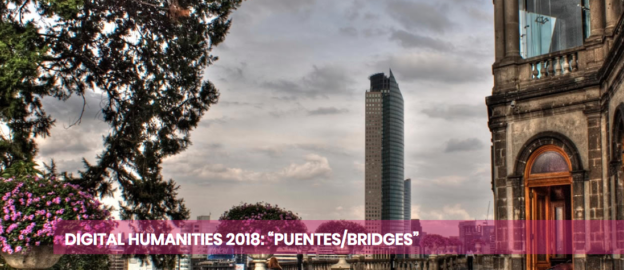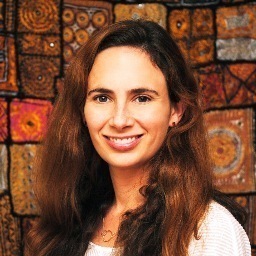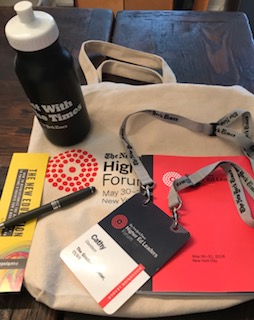Category: Digital Literacies
-
Immersive Pedagogy: A Symposium on Teaching and Learning with 3D, Augmented and Virtual Reality

3D, Augmented and Virtual Reality Pedagogy Symposium for Humanities Practitioners to be held at Carnegie Mellon University in Spring 2019 Pittsburgh, PA (September 12, 2018) – The Andrew W. Mellon Foundation and the Council on Library and Information Resources (CLIR) recently funded the following proposal: “Immersive Pedagogy: A Symposium on Teaching and Learning with 3D, […]
-
Valuable and timely insight into digital literacy and learning

Digital Literacy Unpacked brings together thought-leaders and experts in the field of digital literacy, providing a blend of research and practice across sectors. The book not only offers a snapshot of innovative approaches to digital literacy, but also intends to provoke discussion, encourage collaboration and inspire – whatever the role or context. The editors open up the […]
-
Why I Teach with HASTAC: Platforms as Critical Pedagogy

This post is part of a two-part series that considers digital learning platforms as an issue of critical pedagogy. HASTAC as Critical Pedagogy I teach students to write and research with HASTAC.org because I’m committed to critical, engaged, student-centered education that prepares students for the world beyond the classroom. For me, this involves both preparing students for […]
-
No Bridge Too Far: Highlights from the Digital Humanities 2018 Conference

What would it mean for the digital humanities to build more bridges in their work? Last week nearly 700 digital humanists went to Mexico City to participate in the annual international Digital Humanities 2018 conference. The conference title was “Puentes/Bridges” – and a central question was how digital humanities can build bridges and create a […]
-
Can a Humanities Lecture Course Also Be a Publication Workshop?

[Author’s note: This post was adapted from a how-to guide that accompanied the launching of The Godfather: Anatomy of a Film, a digital project that itself grew out of a 45-person lecture course on “The Seventies” that I taught at Cal in Spring 2018. The original post can be found here.] “The Godfather: Anatomy of a Film”—with […]
-
A new online edition of Frankenstein
Dear Colleagues, I wanted to share an exciting project we have recently launched to mark the bicentennial of Mary Shelley’s Frankenstein. We hope our completely free, open-source digital edition of the novel will be useful as a teaching resource as well as a living prototype of large-scale collaborative annotation. Frankenbook is a collective reading experience of the […]
-
HASTAC Reflections: Year One

I decided to do a bit of a “first-year reflection” style post here, in summation of my two semesters spent as a HASTAC Scholar and one semester spent as a SUNY New Paltz DASH Lab intern. In short, I’ve learned a lot, still have a far way to go, and am constantly amazed at how […]
-
Designing Curriculum for the Digital Age #NYTLive #NYTHigherEd

I was honored and delighted to participate in the New York Times Higher Ed Leaders Forum, MAY 30-31, at the Time Center, NYC. I conducted one of the lunchtime sessions on the topic, “Designing Curriculum for the Digital Age.” Of course I offered participants a handout, and I’m reproducing it here for anyone who might […]
-
Multiple Intelligences, Pedagogy, and Digital Scholarship
The Value of Multiple Intelligences: Educators immersed in the world of academia tend to be inundated by text– Journal articles, books, grant applications, meeting agendas, emails…. Yet, if you were to ask these scholars what drew them to academia, many would likely admit that their affinity for the written word played a role. As educators, […]
-
Digital projects for immersive understanding of 17th-century French literature
In this article I will describe the project itself, according to which criteria it was assessed for the course requirements, and the feedback from students as well as suggestions for similar projects in the future. The project For her Undergraduate spring 2018 literature class, Dr. Gillian Weatherley added a DH project to the curriculum. The […]